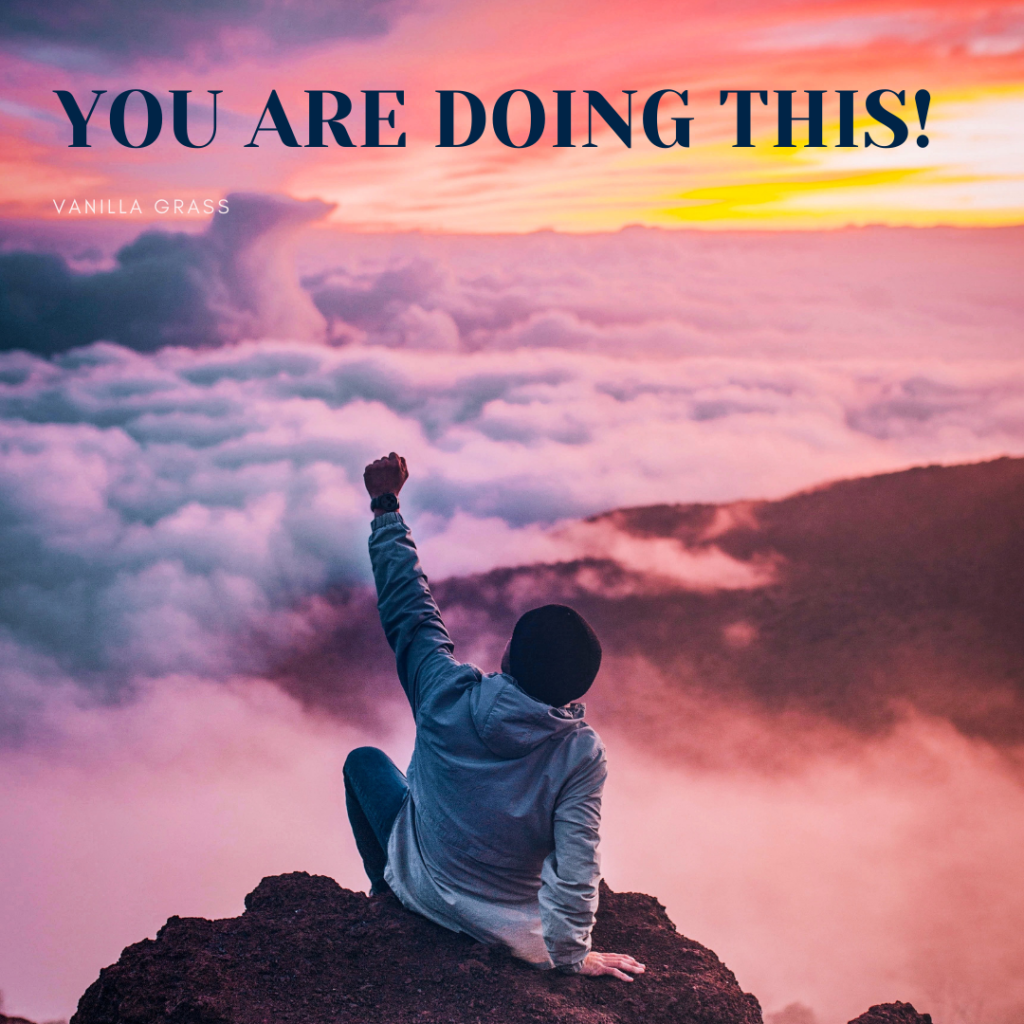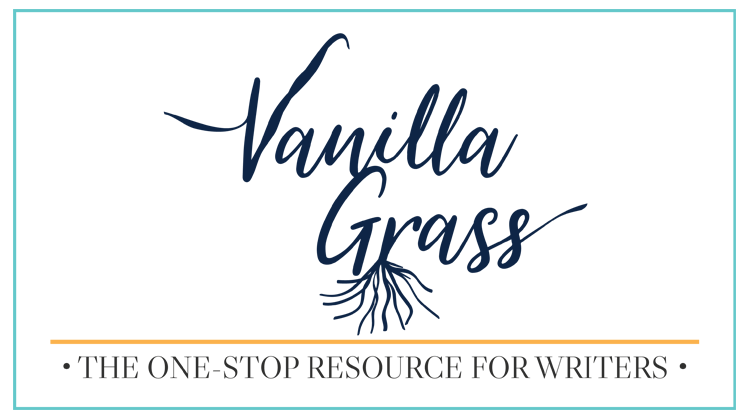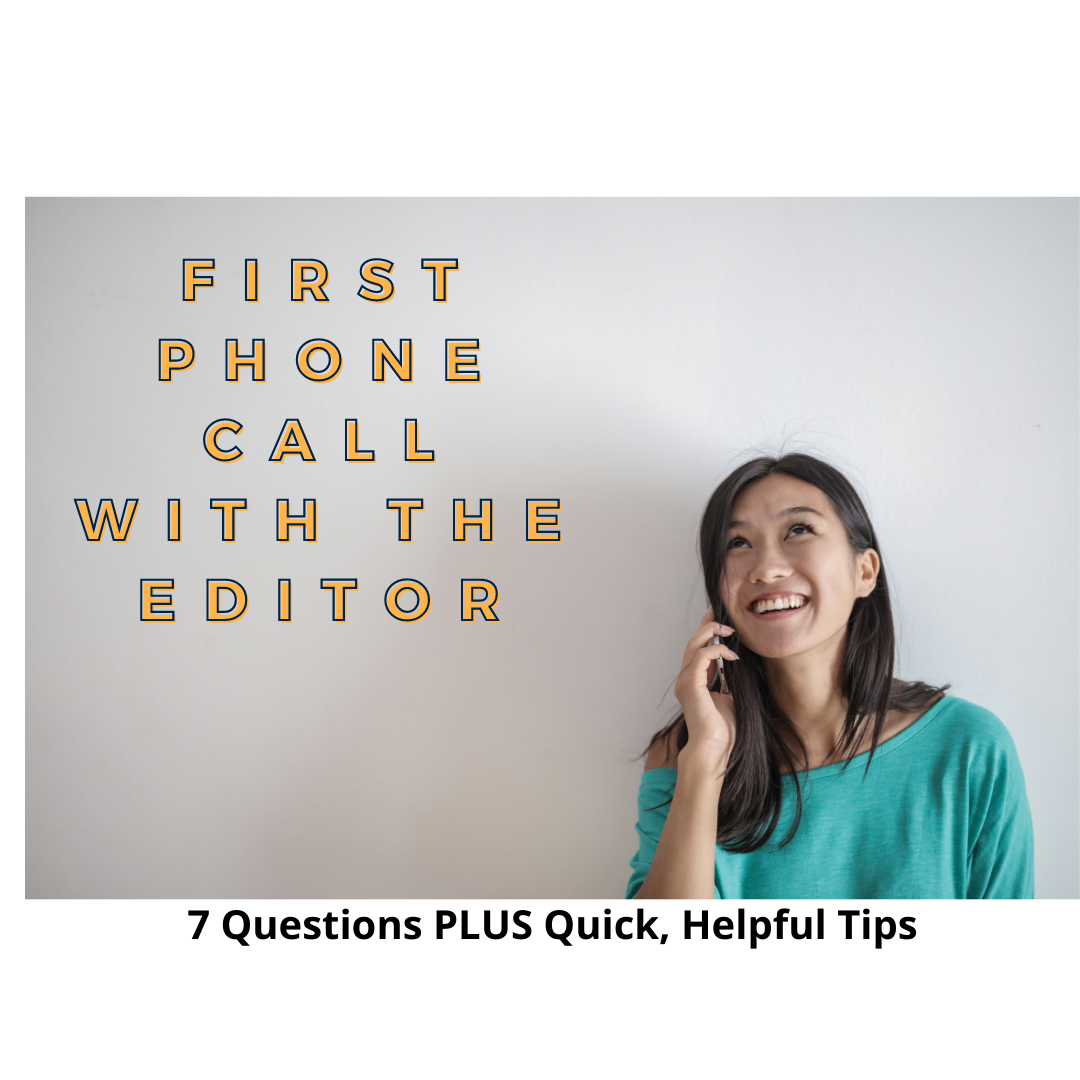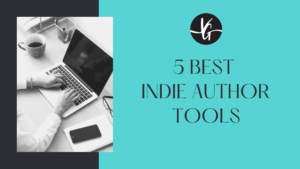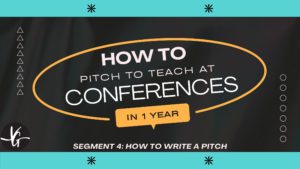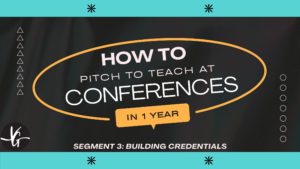Imagine that you have done all of the work it takes to improve your writing with our quick writing tips and have polished your story. You’ve heeded the tips from the slush pile, submitted the manuscript, and obtained that glorious agent you’ve been dying to get. Now a publishing house has acquired your book. Tomorrow is your phone call with your editor!
How can this be happening? Is all of this real?
Well, in all actuality, we are just visualizing, but for some of you, YES!! And hopefully for all of you, this will someday be your reality.
But continuing down this imaginary road, tomorrow is the day when you talk to someone who has the power to get your book on a shelf somewhere, to pay you money at some point, and to help make this writing thing an actual career.
I had a Facebook chat with Heather Clark, debut author of Lemon Drop Falls coming out in January of 2022, the night before this was her reality. And I didn’t realize that as a new author there are so many things we don’t know about this conversation.
What should one expect?
Is there a way to prepare for this phone call?
Well, yes. Read this interview and not only will you understand what the call is for, but the ways that you can prepare, no matter how soon that call is coming.
What is an editor anyway?
Before our feet travel too far, some of you out there may be wondering, what is the difference between an agent and an editor? This article from Writer’s Relief has the skinny. But for a brief synopsis, the editor is the person that will give you the run through of publication schedules and marketing information–along with the other things I mentioned earlier.
This wasn’t Heather’s first editor phone call. She’d had a call with another editor at a separate publishing house for a revise and resubmit, which didn’t work out in the end. Despite that, she said that both calls were absolutely delightful.
The editors at the houses are there to help you in your career and put you at ease with working with the house. They are good at what they do and they care about you as a person and about your writing career. This call does not need to be stressful.

Q: How did you prepare for the phone call with your agent/editor?
Heather said that she had been following her editor, Mari Kesselring with North Star Editions, on Twitter already. Though she did look up the types of tweets she’d been posting recently. If you want to get a good feel for the type of person you’re working with, and initial views into whether this relationship will work, Twitter may be the place to do it.
A lot of agents and publishers use Twitter to state their:
- Query status
- Manuscript wishes
- Book announcements
- Tips & more
Getting into the Twitter space for research is a good idea.
If you’re a way off from your actual editor phone call, using Twitter can help you get a pulse for the publishing market in general. While daunting at first, it is kind of fun once you understand it.
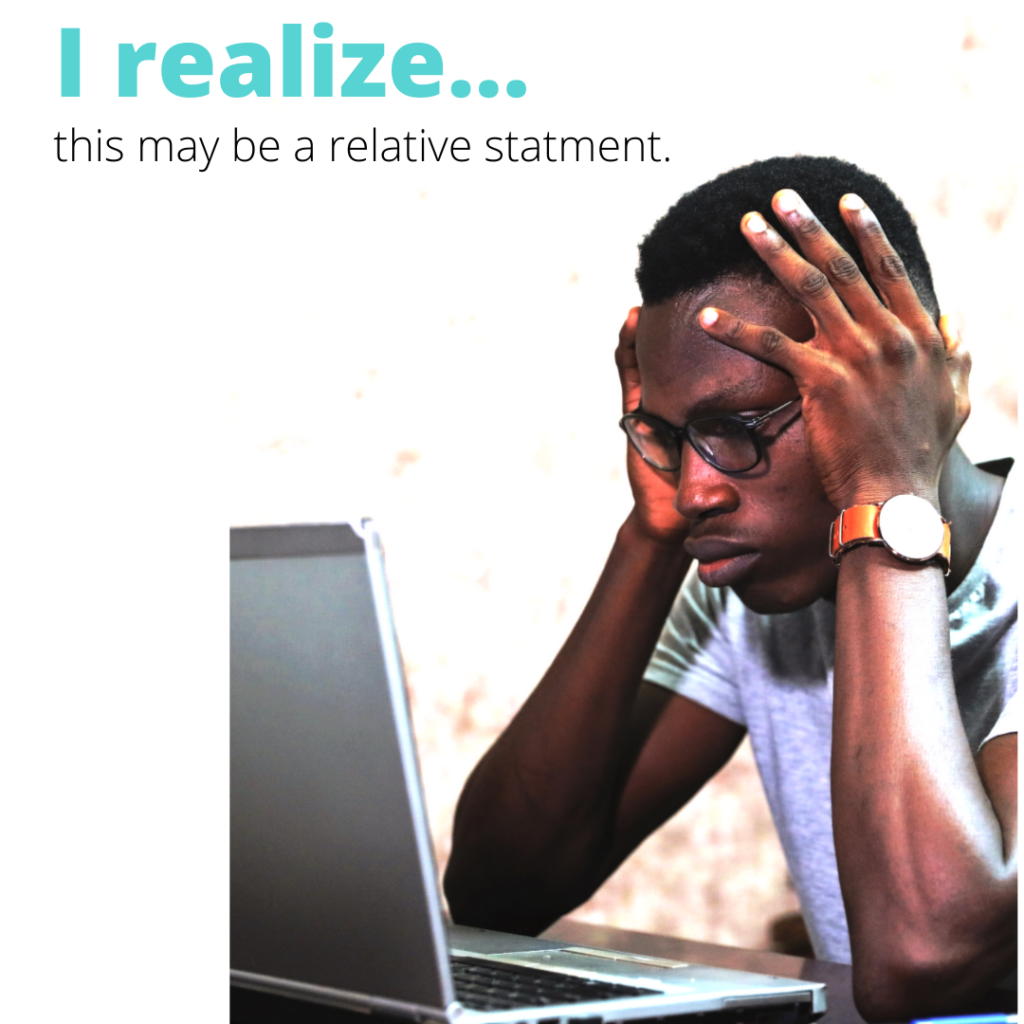
However, the recommended books from agents and editors could be good starting points for research. Getting to know what they are looking for, and excited about, helps you know if your work is a good fit, possibly avoiding unnecessary heartache or bolstering your confidence to hit the “send” button.
Besides, knowing about current tips and contests like #pbpitch or #pitmad could give you a leg up.
Q: How did you approach your concerns?
Heather decided that with this phone call she was going to be real with her editor. She told her that she was terrified and had no idea what to expect from the call. And you know what? The editor told her that she always gets nervous before the editorial calls too, mainly because she’s fan girling over the manuscript and getting to meet the author of the story that she absolutely loves. Get that?
Editors pick up your manuscript because they LOVE it, not because they think they might be able to “make it work.”
Vanilla Grass
Have you ever read a book and thought, “I HAVE to meet this person!” and then gotten the chance to have a personal phone call with them? I mean, really? A one on one call with Brandon Sanderson? Yes please! And guess what, his editor gets to talk to him–often. Awesome!
Now throw that at yourself, YOU are the one this editor is freaking out about getting a chance to chat with! Talk about a new perspective.

Q: How well did you connect with your agent?
Immediately Heather felt like she would work well with both editors. She had a personal level connection with the first editor, so when that didn’t work out, it was heart-wrenching. But her soul was mended after talking with Mari.
She could tell that Mari wanted to know Heather and about her writing journey, which has NOT been easy. Let me tell you, writing is not for the faint of heart. But if you keep going, it will be worth it!
Editors want to know about what we’ve been through in our writing journey and the projects we’ve been working on. These types of deep, personal, connections may not be what happens to you with your editor. Every editor/author relationship is different, but if you can work together, that’s the first step of being successful.
Heather Clark
Backlists are important, even when they’re unpublished.
Contracts typically have an “option clause.” So for example, when Heather writes the next book of this genre, they get the right to look at it first. It doesn’t have to be fully written. She just provides a proposal and the first three chapters of the book. That’s it. The publishing house has thirty days to give an option or not. So the “option clause” is referring to your future work, but the work you’ve done in the past can be picked up without prior contract.
Heather hadn’t mentally prepared for this discussion ahead of time, but luckily she had the elevator pitch to another story up in her head somewhere. So when the editor asked, she pitched it and Mari was super excited, requesting that manuscript as well.
When an editor asks you about your writing history, you have the option to subtly pitch books to them. Be careful with this though. If you have a story that you’ve submitted to all of the publishing houses on the planet and everyone has rejected the manuscript, there’s probably a good reason why. Instead, pitch the story that is the newest and the freshest.
Have your elevator pitches ready and on a screen, so when the question is asked you aren’t panicking.
-Heather Clark’s Advice-
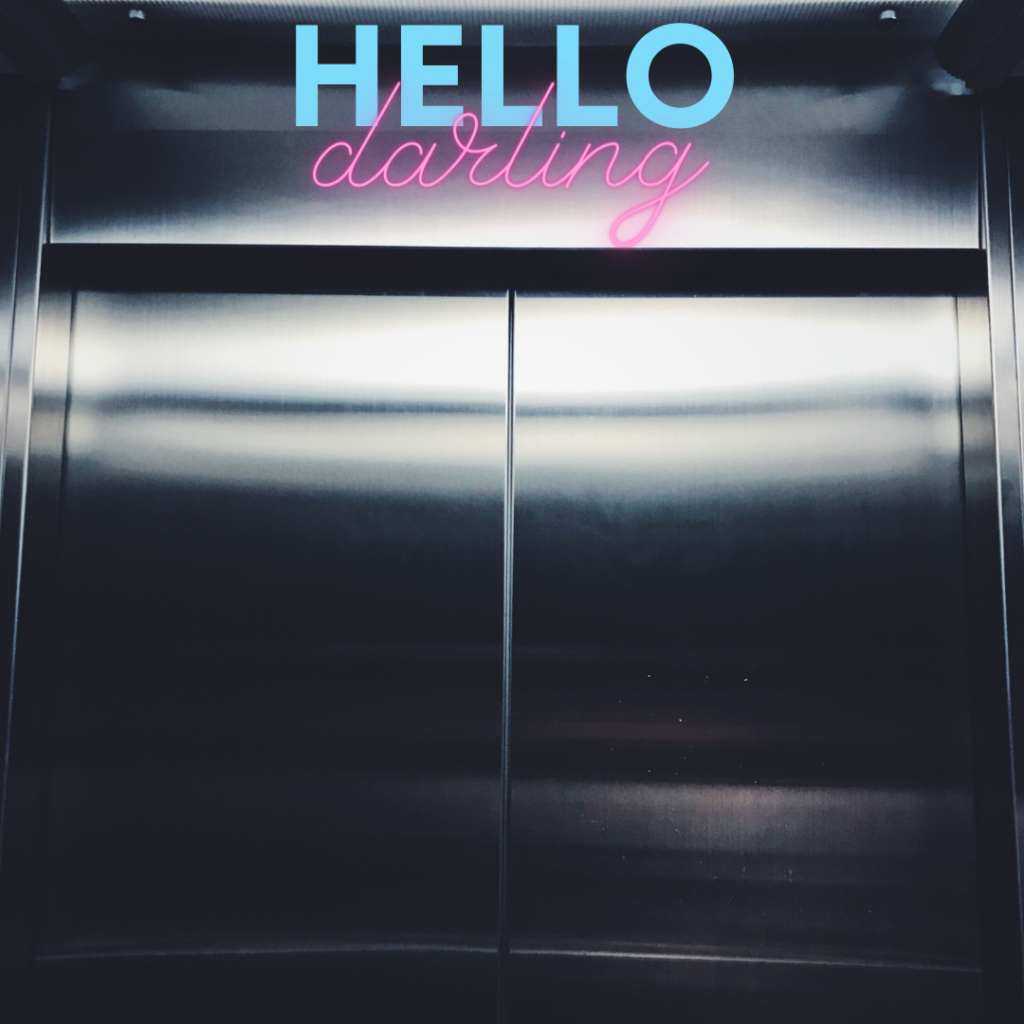
If you have a large enough backlist, you could potentially get your name out there often enough to build a market in a short timeframe. It won’t be an indie publishing rapid release, but it could be something similar. You’ll have a happy readership with consistent novel releases while you’re working on your future projects.
Of course, we’re still imagining things, so don’t get discouraged if you’re still working on said backlist.
Q: What else did you discuss?
Mostly this call covered revision and publishing deadlines. Mari was super prepared and had a detailed schedule of deadlines for Heather to peruse. If Heather had conflicts in her schedule they could be notified at the house to make changes to the schedule. It also helped direct their call so they stayed on task and allowed Heather to wrap her head around the publishing timeline, which was faster than she expected.
Don’t be afraid to ask for clarification if you don’t know what something means. However, you’ll want to save the majority of your questions for the end because the editor has a lot of information to go through and may already be planning on covering your question in the discussion.
Keep a folder on your computer somewhere for editorial calls. With each discussion, create a new file with the date of that phone call as the title. Then take notes as you discuss. This way you have the information written down and you won’t forget the finer details. You can also write out questions as you think of them. If those aren’t answered by the end of the call, you can ask what’s left on your list.”
-Heather Clark’s Advice-

7 Questions Heather Asked Her Editor
- How extensive are your revisions?
- What kind of an editor are you (hands on/off)?
- Do you want me to call you when I finish an edit?
- What level of communication are you expecting/wanting from me?
- Can I call after you send an edit letter to discuss the changes suggested or with questions I may have?
- What are your marketing plans?
- What do you want me to do for marketing?
Q: What do you wish you would have done before the call?
I wish I’d had my website to where I wanted it and a newsletter with subscribers. So, I’d say to get those ready now.
-Heather Clark’s Advice-
If you have these systems in place when you get picked up, you’re ready to hit the ground running. Otherwise, you may be scrambling to create those things when your book is announced, which just creates more work for you in a short time frame and makes it more difficult to promote the book itself.
Of course, if you look at it the other way, you don’t HAVE to have those things to get picked up by a publisher (note the advice in this section). So, don’t stress if your editorial call literally is tomorrow.
However, if you really are imagining right now, maybe it’s time to start acting the part.

For more information about getting your marketing plan set up, check out this great article from The Write Life. If you aren’t too familiar with social media and how to figure out what’s right for you, check out this article from Kindleprenuer which breaks it down nicely.
Enjoy the moment
In this publication business there are a hundred or more struggles that we have. It’s rough, it’s long, it’s a process. When you have a moment like this, celebrate it to its fullest. Do a happy dance, eat some ice cream, call your writing friends and your cheerleaders.
Let them scream for you.
Enjoy it!
This is a first.
Hopefully you’ll have many, many phone calls with your editor for the foreseeable future as you continue to work in your writing career.
You inspire us and we are excited for your work to get into the world where it belongs (even if it’s only in your imagination for now). And if your call really is tomorrow? Good luck and enjoy!
